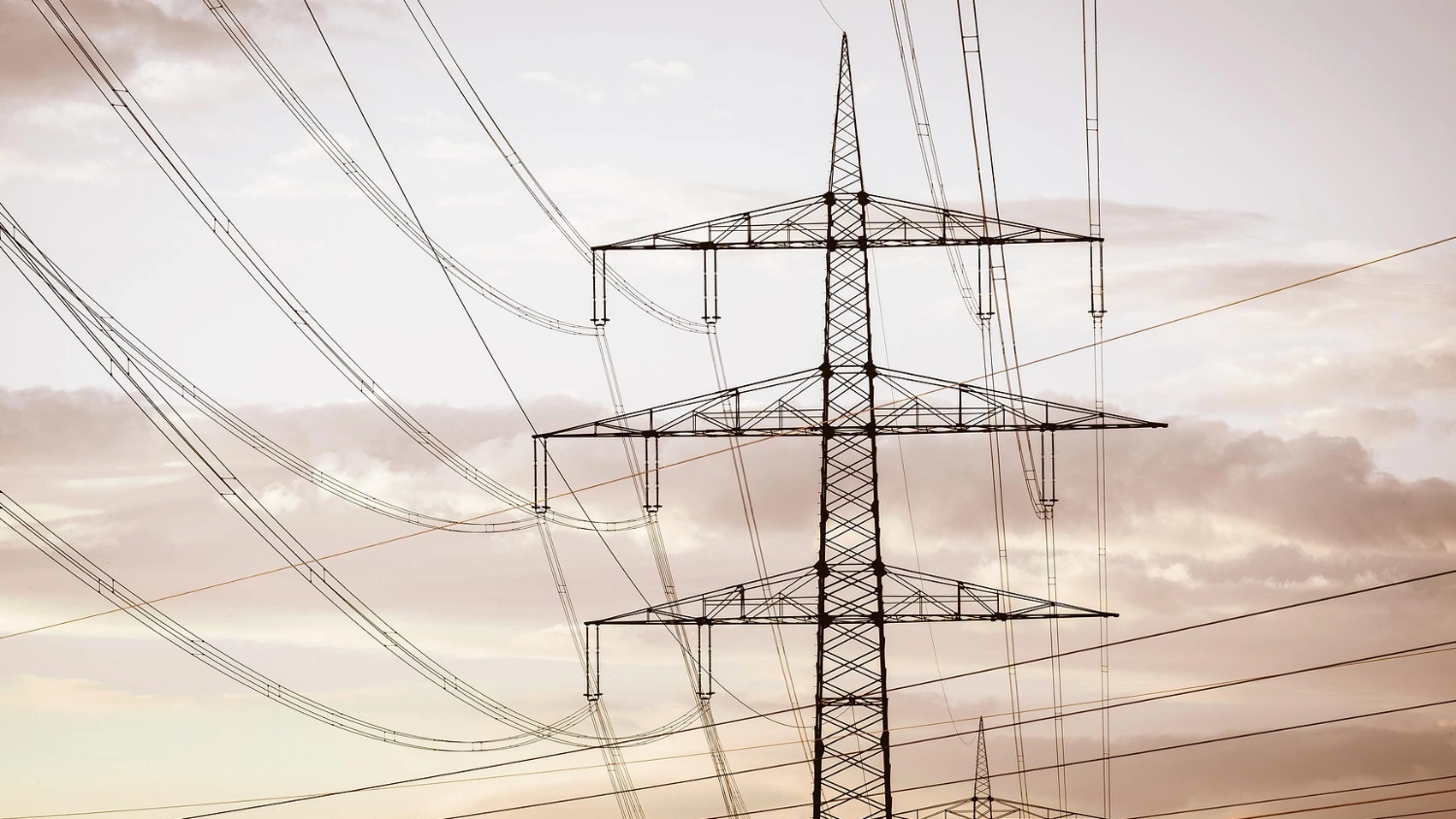"In ING, we offer our customers relevant solutions to manage their cards in a simple and intuitive way, but also to mitigate fraud risks as much as possible and help them protect their bank accounts. With the Permissions section, we have created an additional layer of security that customers can use proactively for their cards. All they have to do is go into Home'Bank and deactivate themselves those types of potentially risky transactions that they know they don't usually do.
For example, if they do not want to buy cryptocurrencies with the ING card, the filter will work automatically and block all payments to cryptocurrency merchants. Or, if they make frequent payments over the internet, they can use a virtual card specifically for online shopping, attached to a secondary account to which they move strictly as they need, which means that the main account could block online transactions."– Alexandra Toabeș, Customer Journey Expert, Cards Division, in ING Bank Romania.
Customers can access the new types of permissions in Home'Bank, in the Products and Services section -> ING cards -> Select the card you want -> Card Limits and Permissions, and also from the More -> Services and settings -> Card Limits and Permissions.
For each card owned, they can disable different transactions and operations.
If they change their mind, blocked operations can be reactivated just as easily and quickly, also from Home'Bank.
„Once they gain access to the victim's funds, a preferred method of fraud is to direct the amounts, via the card, to electronic cryptocurrency wallets, making transactions for cryptocurrency investments or transfer type, in order to lose track of money. Frequently, they prefer to make payments to traders outside the European Union, with less regulation, in order to reduce the chances that victims' money will be recovered. We recommend that customers be extremely vigilant when it comes to their personal and banking data. At the same time, we recommend them to deactivate from Home'Bank those operations that they know they do not perform. And just for extra security, because it's holiday season, to use a virtual card, because no matter what happens, a fraud can never spend more than they find in their second account.” – Raluca Voicu, Issuer and Acquirer Fraud Investigations Manager, in ING Bank Romania.
Security features in Home'Bank
- Geolocation. This year, ING launched the geolocation service - a new feature in Home'Bank that uses the phone's GPS coordinates and can block suspicious operations from other geographical areas.
- See where you saved your card details. Since last year, ING customers can see on which sites and in which applications their cards are saved for future payments. If they no longer wish to have their card data registered, they can delete the token associated with those merchants directly from Home'Bank.
- The Beneficiary Name Display (SANB) service, initially launched by ING for its customers and subsequently adopted at the banking system level, displays the account holder's real name when money is transferred, to mitigate fraud risks.
- At the same time, ING customers can see in Home'Bank their login history, set transaction limits, receive notifications of transactions made, and block or close the card in the app. Furthermore, they can register their devices as trustworthy and access Home'Bank and authorise operations safely using fingerprint or facial recognition.











